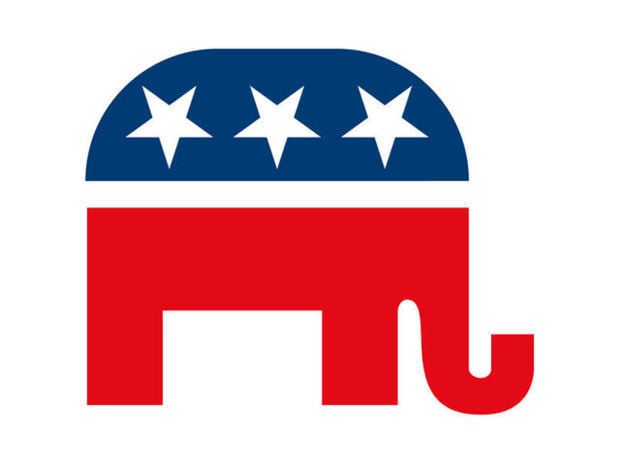
The news media is
like you and me. Members of the media are real people – they have problems,
dreams, needs, prejudices, and issues regarding health, family, money, etc. The
same is true when it comes to politics. They will have their views on how the country
should be run. They will lean Democrat or Republican. They may have strong
opinions of what policies or laws are good/bad or needed. So unless your book
has something to do with politics or government, go all out to avoid broaching
any reference to politics when pitching the media about your book.
Maybe this seems
obvious to you. Maybe not. You may not know what the political leanings or
views of a media outlet’s journalist is, so don’t assume you do and then make a
joke or say something that they may disagree with you over. Treat everyone the same
– act like you don’t know their politics – and even if you do, don’t go there.
This approach
extends into other areas. Don’t assume you understand how they think about social
issues, sexual mores, religion, or anything that is highly controversial and
can combust in a split second. Play it safe. Remain neutral on such matters.
There’s no doubt
that politics plays a role in media coverage.
Some of it is a clear-cut bias because the individual journalist or
media entity wants to promote a certain agenda.
Other times the bias is less obvious from the reporter, but exists nevertheless
at the media outlet. Or the media outlet
believes leaning more left or right is a strategic move to get more readers,
listeners, viewers, or surfers who bend toward that ideology. Be aware of this when you pitch them.
It is not politics
that you should appeal to, but demographics. True, political leanings may be a
part of a media outlet’s demographics of readers, listeners, or viewers, but
the numbers you should follow are more about age, region, gender, level of
education, etc. You want your message to appeal to the media outlet not just because
it is a good message worthy of exposure, but because it is a message that
meshes with the demos their advertisers highly covet. In the end, your
editorial appeal depends on its commercial value.
A general rule of
thumb when pitching the media is not to make assumptions about the people you
are contacting. They seek to remain or appear neutral, but of course they have
many biases, proclivities, experiences, and desires that shape how they receive
pitches. Clearly, they let in all kinds of factors to play a role in
determining whether they want to work with you, from your personality, ethics,
and looks to your pitch quality and ease to work with.
The lesson here? Park
your politics outside the arena or risk getting burned by the very media that
you need to placate and serve.
PLEASE CONSULT
THESE TIMELY RESOURCES
How Do Authors Promote Books When
The Media Is Corona Centric?
Advice to Authors From A Book
Promoter of 30 Years
How Are Authors Selling Books
Through A Pandemic?
A Book Marketing Pandemic Playbook
What Types of Books Can Get Media
Coverage Now?
The Bestseller Code For Book
Marketers & Authors
What Should You Do to Market Your
Book?
Brian Feinblum’s insightful views,
provocative opinions, and interesting ideas expressed in this terrific
blog are his alone and not that of his employer or anyone else. You can – and
should -- follow him on Twitter @theprexpert and email him
at brianfeinblum@gmail.com. He feels much more important when discussed in
the third-person. This is copyrighted by BookMarketingBuzzBlog ©2020. Born and
raised in Brooklyn, he now resides in Westchester. His writings are often
featured in The Writer and IBPA’s Independent.
This was named one of the best book marketing blogs by Book Baby http://blog.bookbaby.com/2013/09/the-best-book-marketing-blogs and
recognized by Feedspot in 2018 as one of the top book marketing blogs. Also
named by WinningWriters.com as a "best resource.” He recently hosted
a panel on book publicity for Book Expo America.
No comments:
Post a Comment
Note: Only a member of this blog may post a comment.